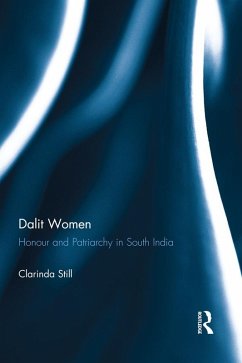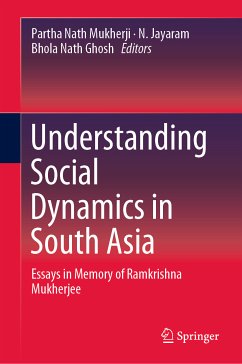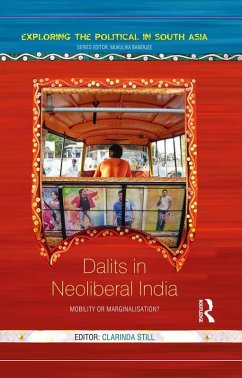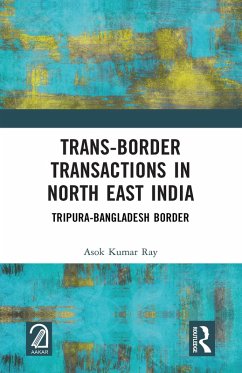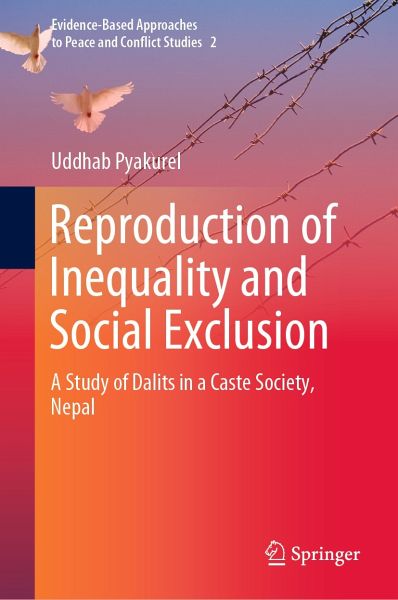
Reproduction of Inequality and Social Exclusion (eBook, PDF)
A Study of Dalits in a Caste Society, Nepal
Versandkostenfrei!
Sofort per Download lieferbar
72,95 €
inkl. MwSt.
Weitere Ausgaben:

PAYBACK Punkte
36 °P sammeln!
This book is a detailed account of how hierarchy has been maintained historically by the Nepali state, affirming the uniqueness of a caste-based social order by bringing outsiders, especially ethnic groups and religious minorities, into the caste fold. Focusing on the contemporary state of Dalits, the community that was and is put at the bottom of a very hierarchical social order in Nepal, the author argues that the traditional caste-based social order is still prevalent in the "new" Nepal even after the recent socio-political and constitutional changes. Illustrated by scientifically employed ...
This book is a detailed account of how hierarchy has been maintained historically by the Nepali state, affirming the uniqueness of a caste-based social order by bringing outsiders, especially ethnic groups and religious minorities, into the caste fold. Focusing on the contemporary state of Dalits, the community that was and is put at the bottom of a very hierarchical social order in Nepal, the author argues that the traditional caste-based social order is still prevalent in the "new" Nepal even after the recent socio-political and constitutional changes. Illustrated by scientifically employed and interpreted data mainly in the three sectors of education, politics and employment, the book postulates that people who were and are born into the "high caste" still have more access to the resources and opportunities available in society in comparison with those born into the "lower" caste. It further argues that although reservation policies are in place to address social exclusion, these could not bring expected outcomes mainly due to the lack of engagement, if not ignorance, of both dominant groups and the community in the margin. The absence of clarity among political actors on the positive discrimination and affirmative actions has contributed to backtracking the recently created space in line with "inclusive Nepal".
Dieser Download kann aus rechtlichen Gründen nur mit Rechnungsadresse in A, B, BG, CY, CZ, D, DK, EW, E, FIN, F, GR, HR, H, IRL, I, LT, L, LR, M, NL, PL, P, R, S, SLO, SK ausgeliefert werden.




